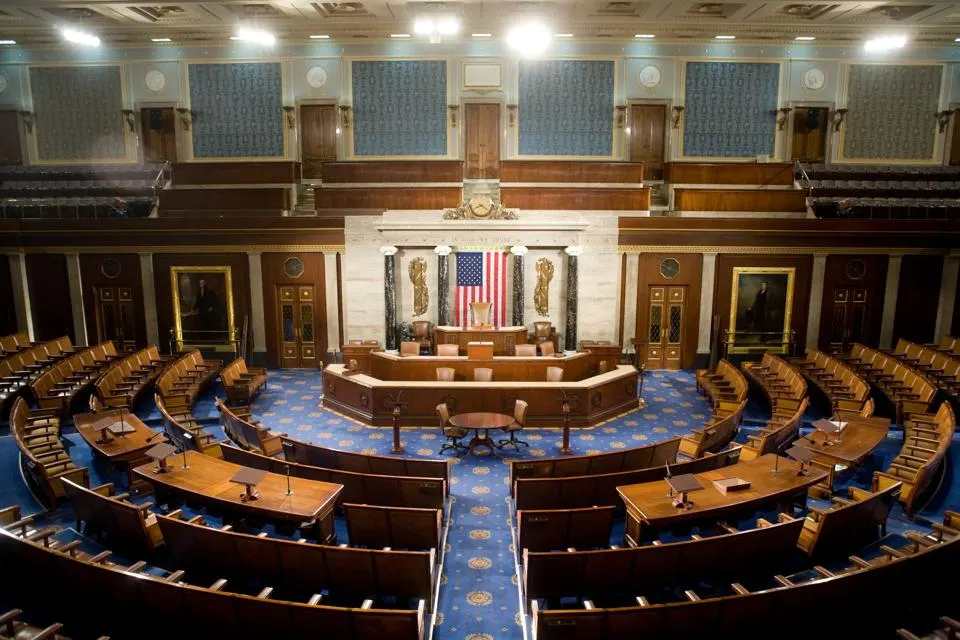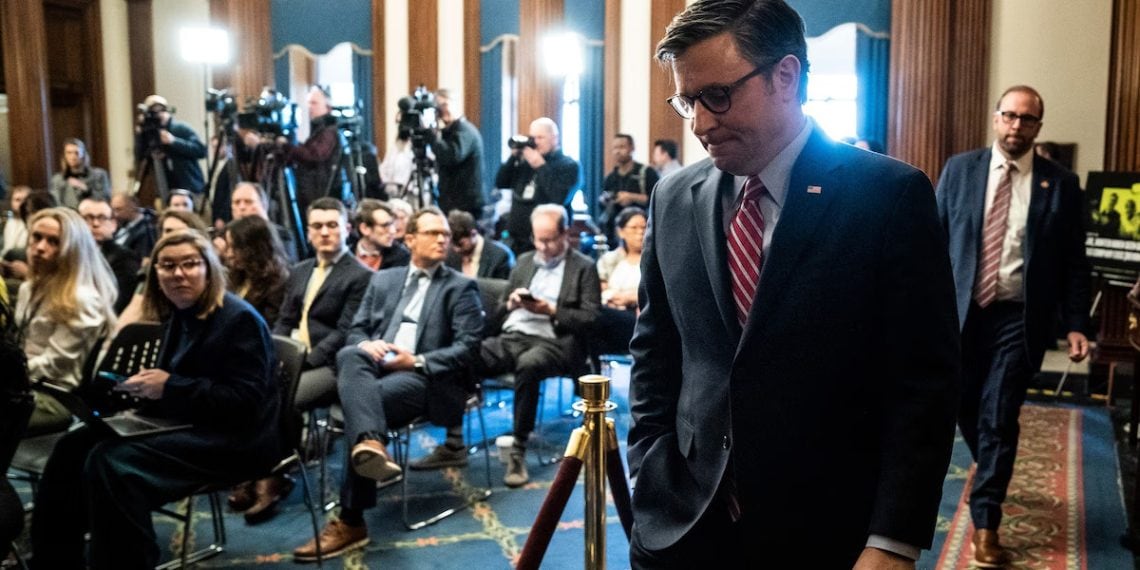House GOP leaders are pushing ahead with a $78 billion bipartisan tax package that includes an expansion of the child tax credit, despite facing reservations from some Republicans.
Speaker Mike Johnson confirmed that the bill, incorporating business tax breaks favored by the GOP, will come to the floor under a suspension of the rules, requiring a two-thirds majority for passage. Johnson acknowledged concerns among certain members but expressed confidence in bipartisan support.
The tax package, a result of negotiations between House Ways and Means Committee Chairman Jason Smith and his Democratic counterpart in the Senate, aims to address key issues surrounding the child tax credit.
The proposal temporarily allows lower-income families to claim more credit, adjusting for inflation and maintaining work requirements. Notably, it upholds the requirement for Social Security numbers for child tax credit claims, emphasizing work eligibility.
While the package has bipartisan elements, some Republicans, including House Freedom Caucus Chairman Bob Good and Rep. Byron Donalds, express reservations. Good is concerned about expanding the credit to those not paying taxes, the potential inclusion of illegal migrants, and the use of suspension rules for the floor vote. Donald leans towards a “no” vote but expresses a willingness to hear Chairman Smith’s perspective.
On the Democratic side, opposition arises from concerns that the proposal doesn’t broaden eligibility enough for families receiving no credit or only a partial amount due to low earnings. The package focuses on aiding over 80% of the 19 million children lacking or partially receiving the credit.

Challenges extend beyond the child tax credit, with some Republicans in blue states pushing for an increase in the $10,000 cap on state and local tax deductions imposed by the 2017 GOP tax law.
The tax package’s expedited process faces obstacles, with disagreements among GOP members and Democratic opposition. The bill is expected to undergo further discussions and potential amendments before a floor vote.


















